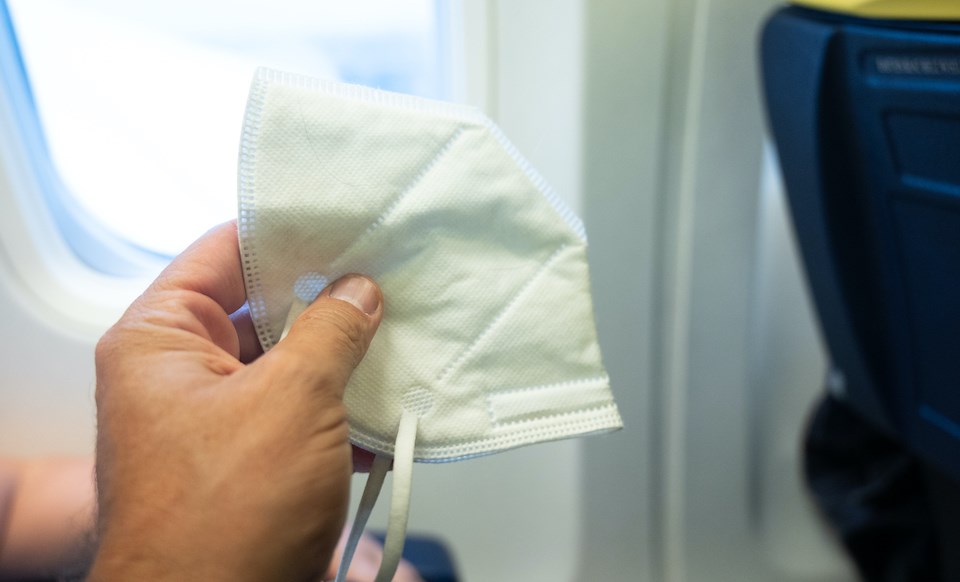Editor:
In letters March 17, 2023, PJ Reece reports on material from the respected Cochrane Library from January 2023, claiming that 78 randomised controlled trials (RCTs) found that masks did not prevent “influenza-like diseases.” Best to actually read the study known as a meta-analysis.
1. Most of the studies, some as old as 2003, predate the COVID pandemic so do not apply to COVID.
2. Individual studies came from countries as different as Denmark and Bangladesh, the former with good study compliance. The latter much less so. For RCTs to be valid outside the RCT itself, the conditions of the RCT have to be your/our conditions. They are not.
3. RCTs are great for simple comparisons like drug A vs drug B. When human behaviour is involved (like wearing or not wearing masks), not so good.
4. Critically important: we do not know status of the most important variable—the immunization status of participants—likely low in developing countries and high in developed.
5. The authors themselves recognized weakness of their meta-analysis. They say: “The high risk of bias in the trials, variation in outcome measurement, and relatively low adherence with the interventions during the studies, hampers drawing firm conclusions. There were additional RCTs during the pandemic related to physical interventions, but a relative paucity [of such studies] given the importance of the question of masking and its relative effectiveness and the concomitant measures of mask adherence, which would be highly relevant to the measurement of effectiveness, especially in the elderly and in young children.”
6. Cochrane is not at fault. They study RCTs, good and bad. They are obligated to report what they found, but they were not impressed.
Michael C. Klein, CM, MD.
Roberts Creek



